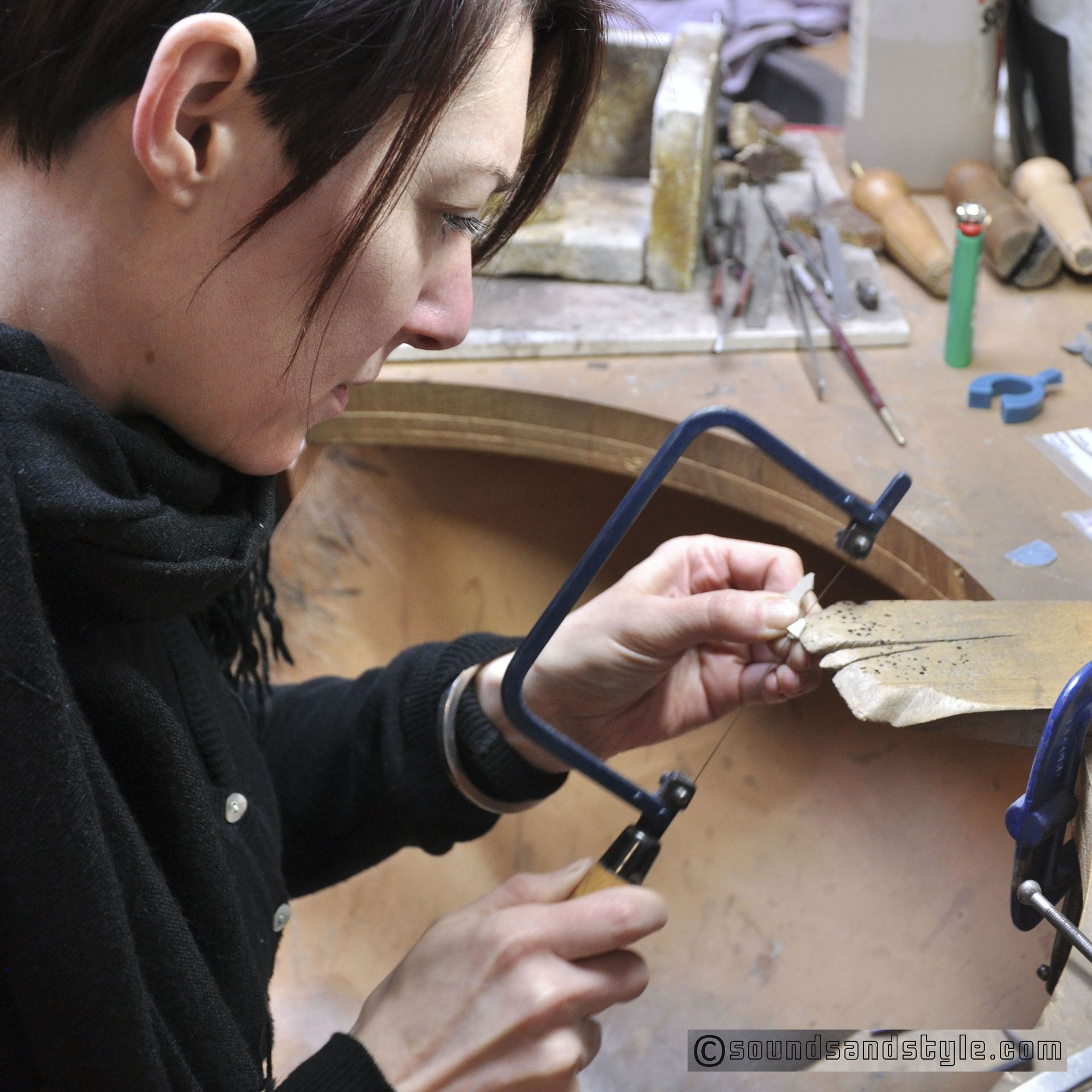Saskia Shutt, a member of our community has recently published an article about Recycled Gold at the Source, a blog by the Ethical Metalsmiths. We are happy to share with you her top learnings on the use of recycling gold.

©Photo: Saskia Shutt
Recycled Gold is a topic that continues to spark discussions and debates in the jewelry industry. Summarised from Saskia Shutt's article "Can "Recycled Gold" Be an Ethical Gold Source At All?", here are the key factors she points out to consider:
The Definition is Unclear: The definition of "recycled gold" lacks clarity and is open to interpretation. The current industry definition encompasses various scenarios, including gold changing ownership without any actual recycling involved. Some argue that true recycling should only involve gold sourced from scrap metals, such as discarded jewelry and electronic waste.
Gold Mining Persists: Gold mining is an ongoing activity due to the constant demand for gold in currency, stock markets, and industries like banking, technology, and medicine. Gold's value and its ability to retain or even increase its value during economic crises make it a sought-after commodity.
Origin Transparency: Labeling gold as "recycled" doesn't guarantee its ethical origin or legality. The lack of traceability in recycled gold supply chains leaves room for illegally mined gold to enter the market. Stricter measures are needed to ensure that recycled gold is free from conflict or problematic sources.
Artisanal Miners' Livelihoods: Focusing solely on recycled gold for sustainability risks endangering the livelihoods of 15 to 20 million artisanal small-scale miners and their communities. Supporting responsible small-scale mining practices, like those observed in Fairmined eco gold mines, can help sustain their way of life while encouraging better mining practices for future generations.
To find out more about Saskia and her work check out our blog post.